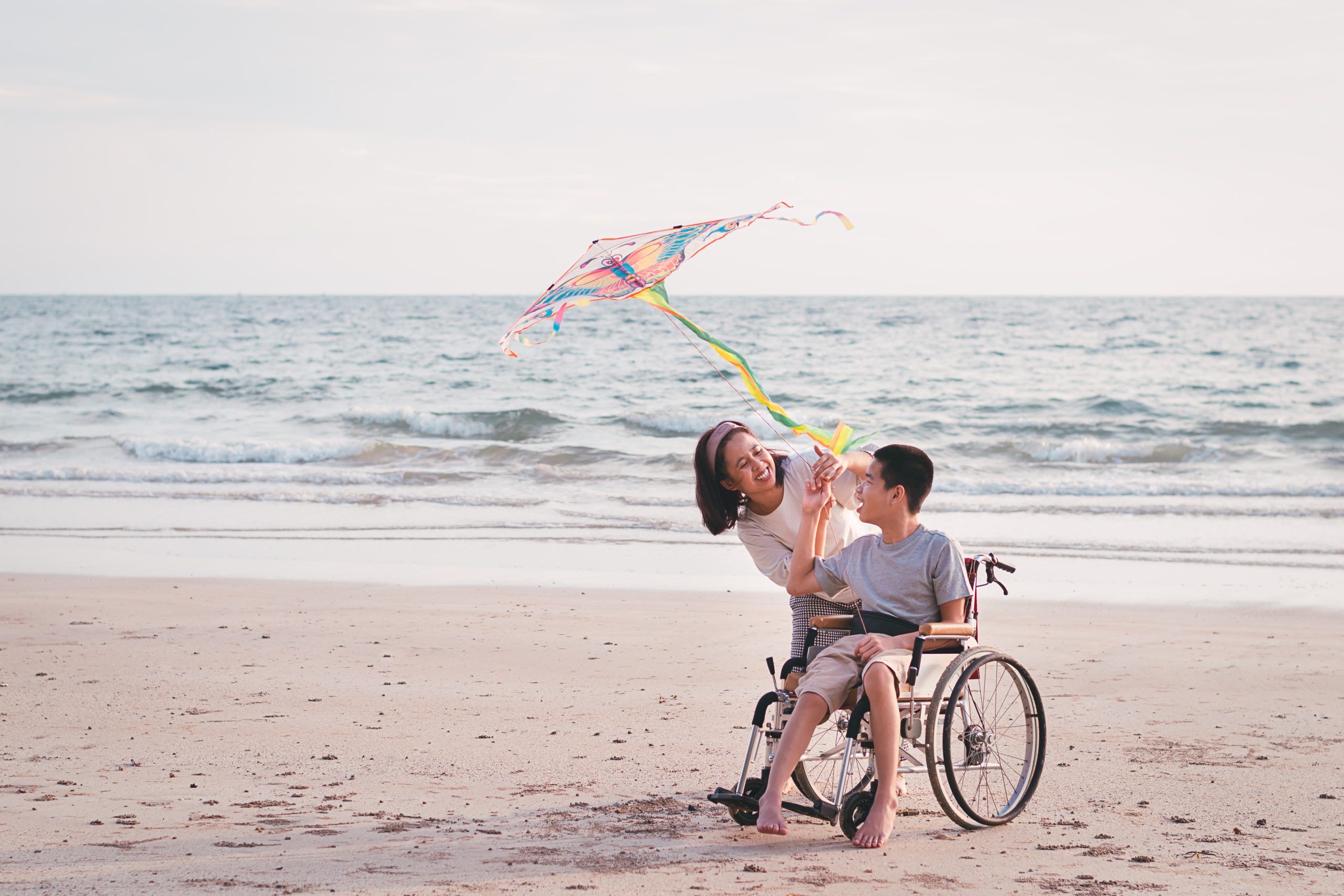Tips for A Smooth Summer Trip for Residents & Their Families
Summer is a time for sun, fun, and making memories with loved ones. For individuals with intellectual and developmental disabilities (ID/DD), planning a summer vacation or visiting family can be both exciting and challenging. Here are some top summer vacation spots along with best practices to ensure a safe and enjoyable experience for everyone.
Top Summer Vacation Spots
1. National Parks: National parks offer a blend of natural beauty and accessible facilities. Many parks have wheelchair-accessible trails and visitor centers. Parks like Yellowstone, Yosemite, and the Grand Canyon provide breathtaking views and a chance to connect with nature.
2. Beach Destinations: Beaches with accessible facilities, such as ramps and beach wheelchairs, are perfect for a relaxing vacation. Myrtle Beach in South Carolina and San Diego in California are known for their accessible beach options.
3. Theme Parks: Theme parks like Disneyland and Disney World are well-equipped to accommodate visitors with ID/DD. These parks offer special assistance passes, sensory-friendly attractions, and trained staff to ensure a magical experience.
4. City Adventures: Some cities are particularly inclusive and offer a variety of accessible attractions. Cities like Washington D.C., with its numerous museums and monuments, and Chicago, with its accessible public transportation and cultural landmarks, are great choices.
5. Local Attractions: Sometimes the best vacation spots are close to home. Local zoos, aquariums, and botanical gardens often have accessibility features and can provide a fun and educational day trip.
Vacation Preparation Best Practices
1. Plan Ahead: Preparation is key to a successful trip. Research your destination thoroughly to ensure it meets accessibility needs. Confirm details such as accessible accommodations, transportation options, and healthcare facilities.
2. Pack Thoughtfully: Bring essential items such as medications, medical equipment, and comfort items. It's also wise to pack sensory tools if your family member uses them, like noise-canceling headphones or fidget toys.
3. Establish a Routine: Maintaining a routine can help reduce anxiety. Try to keep meal times, sleep schedules, and daily activities consistent with the usual routine.
4. Communicate Needs: Ensure that family members are aware of specific needs and preferences. This might include dietary restrictions, communication methods, or behavioral strategies.
5. Create a Safe Space: Designate a quiet area at your destination where your family member can retreat if they need a break. This space should be comfortable and free from overwhelming stimuli.
6. Engage in Inclusive Activities: Choose activities that everyone can enjoy together. Simple activities like board games, storytelling, or cooking can be immensely rewarding.
7. Health Information: Carry a list of medications, dosages, and any allergies or medical conditions. This can be crucial in case of a medical emergency. It’s also a good idea to have your doctor's contact information readily available.
Summer vacations and family visits are wonderful opportunities for the ID/DD community to create lasting memories. By choosing inclusive destinations and following best practices, these experiences can be enjoyable and stress-free. Remember, the most important part of any trip is the time spent together, building connections and enjoying each other's company.





